The British Council opens an exhibition of its Film Collection; with new shorts commissioned inspired by the archive works.
The British Council has opened a new exhibition that builds on its little-known Film Collection, more than 100 films shot from the late 1930s to early 1950s about British life.
Briony Hanson, director of film for the British Council, said at an opening event last night that these films had started out as “a weird curioisity” that most people didn’t know about. It was her second day on the job when she heard of the works, and she says it was like being handed “keys to the treasure trove.”
They were films that were essentially propaganda – to teach the English language and show the English way of life at the time, so Hanson notes, “It’s not a particularly accurate portrait in some cases,” whether its presenting pub life or cricket matches.
They include works featuring influential cameraman Jack Cardiff, composer Charles Williams, ballet dancer Robert Helpmann, and actors Bill Owen and John Laurie.
“We didn’t want it to be a static old archive,” Hanson says. So the Collection has now been put online with a Creative Commons license – viewable here.
The partners who worked on bringing the Collection to the digital age include the BFI National Archive, The Creative Society, Counterpoint, Time/Image and Google.
At the same, three contemporary filmmakers were asked to create short films inspired by the Collection.
“The original films are funny and curious and eccentric…the three commissioned films I find very poignant and moving as well,” Hanson says.
The three new commissioned shorts, which had their world premieres last night, are viewable at the British Council London office’s free exhibit at 10 Spring Gardens through September 24; and will be made available online eventually.
They are:
Penny Woolcock’s Jerusalem, which intercuts scenes of miners with Cambridge scholars. “I was born in 1950 and grew up in the British Community in Buenos Aires and Montevideo, in colonies that were not colonies, where we ate off willow pattern plates, learnt about Kings and Queens and adults talked about England as ‘home’ although many of them had never been there. So the films in this Collection feel very familiear. I knew all about this Britain in which everyone was law-abiding, people were as honest as the day was long and jolly children enjoyed adventures in which everything turned out right in the end…it was a challenge to disrupt this dominant narrative, to find ways of creating cracks in the wall.”
Mark Cousins’ But Then Again, Too Few To Mention: A Life Of Bob, which visits archive images through the perspective of one fictional Liverpudlian, Bob. Cousins said: “I have always liked the film It’s a Wonderful Life, and have long been interested in happiness contra mundum, so I thought we could have a film narrated, like Capra’s, ‘from the stars’ a film of a man looking back on his life.”
John Akomfrah’s The Silence, a portrait of the deaf in post-war Britain using more than 30 films from the Collection. Akomfrah said: “Exploring the themes of motherhood, of memory and of solitude, it chronicles the experiences of one woman in her quest for a full and rewarding life.”
The British Council is also running a competition (info here) for anyone to remix and remake films from the Collection. The deadline is Aug 29.

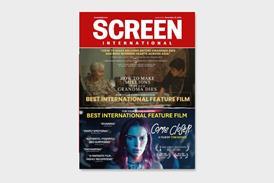


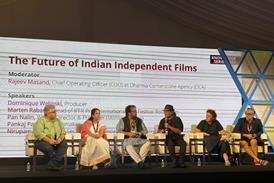
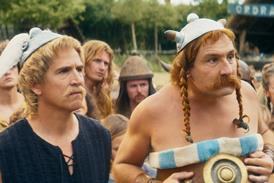

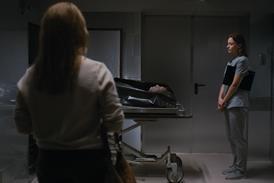




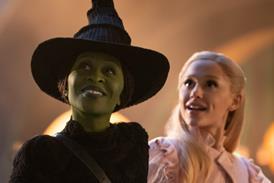
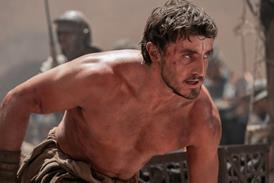




No comments yet